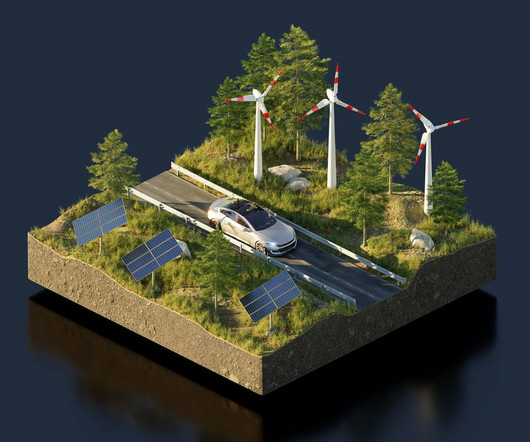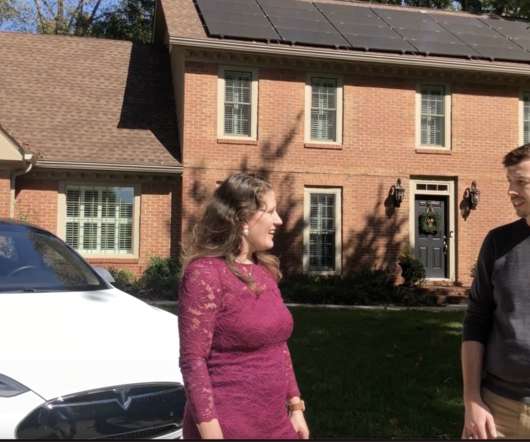Phase 1 of DOE-funded ABBA Integrated Biorefinery project begins; renewable jet, gasoline, diesel and nanocellulose
Green Car Congress
OCTOBER 24, 2017
Phase 1 of the ABBA Integrated Biorefinery project, to be built at the AVAPCO Thomaston Georgia site, has begun. The project, which will co-produce full replacement renewable jet fuel, gasoline, diesel and Bioplus nanocellulose from woody biomass in an integrated biorefinery at AVAPCO’s site in Thomaston, Georgia, has received a $3.7-million










































Let's personalize your content